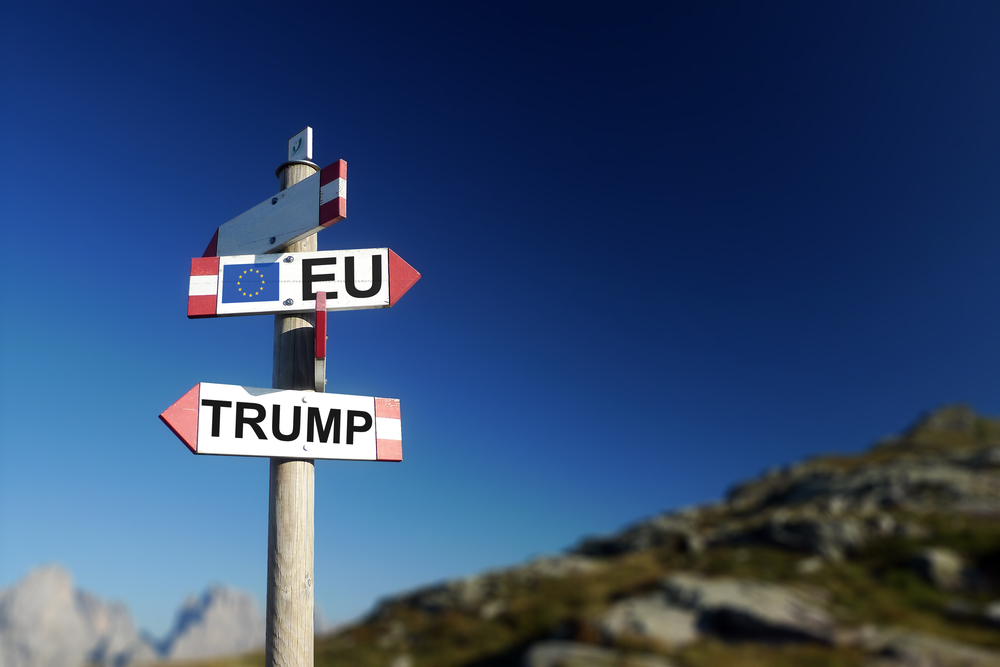The likely return of Donald Trump to the presidency of the United States poses a serious challenge for the European Union and Europe as a whole. During his first term, Trump’s “America First” mantra translated into policies that harmed European economies, and his campaign promises for a second term signal even more radical moves. This comes at a time when Europe is already dealing with economic and political weaknesses, making the continent particularly vulnerable.
Europe is currently grappling with multiple crises. Germany, once the economic engine of the EU, is facing a significant downturn, while the political leadership in France under President Emmanuel Macron and in Germany under Chancellor Olaf Scholz is fragile. Additionally, the UK’s Prime Minister, Keir Starmer, is experiencing declining approval ratings. This instability, coupled with stagnation in the EU’s integration process, leaves Europe exposed to external pressures, especially from the U.S.
In recent months, Trump has vowed to impose heavy tariffs on foreign goods, including European products. He has also shown reluctance to continue providing military and economic aid to Ukraine, and has criticized NATO, calling it an unbalanced alliance where European countries “freeload” on American protection. Moreover, Trump’s positions on climate change, ecological transition, and monetary policies clash with European objectives, raising further concerns over a potential return to power.
Following Trump’s election victory, European leaders sent messages of congratulations, expressing hopes for a productive collaboration. Ursula von der Leyen, President of the European Commission, emphasized the importance of EU-U.S. relations for trade and investments. NATO Secretary General Mark Rutte reinforced that the alliance serves American interests. Meanwhile, Macron urged for continued cooperation, though there is little expectation that Trump’s approach will change. Scholz has also echoed similar calls for a united Europe in the new geopolitical context.
One of the most pressing concerns for Europe is military security. Trump’s potential withdrawal of U.S. support for Ukraine, if implemented, would leave Europe facing Russia without the vast American resources that have been in place for nearly two and a half years. Despite temporary solutions, such as long-term aid agreements and the creation of NATO structures to assist Ukraine, Europe remains reliant on U.S. military support. The European defense sector has increased military spending, but true independence remains out of reach.
European leaders recognize the continent’s continued dependency on the U.S. on multiple fronts. However, differing national interests may further fracture Europe’s unity, especially under a divisive figure like Trump. Leaders such as Hungarian Prime Minister Viktor Orbán and Italian Prime Minister Giorgia Meloni, who share political affinities with Trump, may prioritize a closer, more personal relationship with the U.S., potentially undermining EU cohesion. As Europe faces an uncertain future, navigating this new geopolitical landscape will be one of its most significant challenges.

